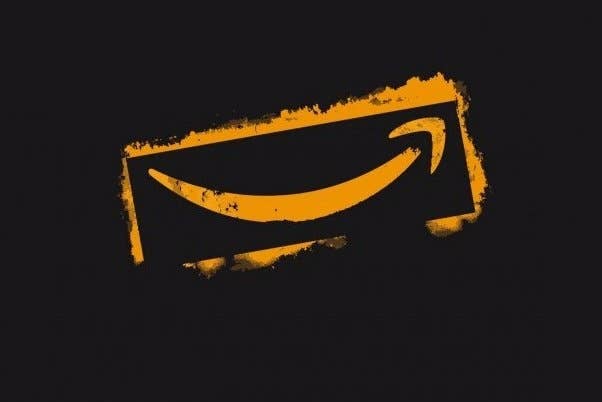FTC strikes a blow against Amazon in IAP lawsuit
US judge calls out, "millions of dollars billed to Amazon customers without a mechanism for consent"
The FTC's in-app purchase lawsuit against Amazon has reached a turning point, with a US judge ruling that the online retailer is liable for a series of unauthorised payments.
The lawsuit was filed back in 2014, but the charges in question stretch back to 2011, when Amazon first introduced IAP to its app store. According to the the FTC's documents, the store, "did not require account holder approval, by entry of a password or any other means, prior to completion of an in-app purchase."
The suit also criticised Amazon's handling of the numerous complaints it received regarding those payments, which the FTC claim added up to around $86 million. According to the BBC, both Amazon and US District Judge John Coughenour questioned the accuracy of that figure, but Judge Coughenour was otherwise clear in his ruling.
"The millions of dollars billed to Amazon customers without a mechanism for consent, the thousands of customers complaining about unauthorised charges and the time spent seeking refunds for those charges, all demonstrate substantial injury.
"It is Amazon's stated policy that in-app purchases are final and non-refundable, likely discouraging much of its customer base from attempting to seek refunds."
Both Amazon and the FTC must now submit information regarding the money owed to consumers, and damages will be awarded on that basis. The FTC has secured refunds in two previous IAP cases, both in 2014: Apple paid out $32.5 million, and Google paid $19 million based on broadly similar charges to those levelled at Amazon.









